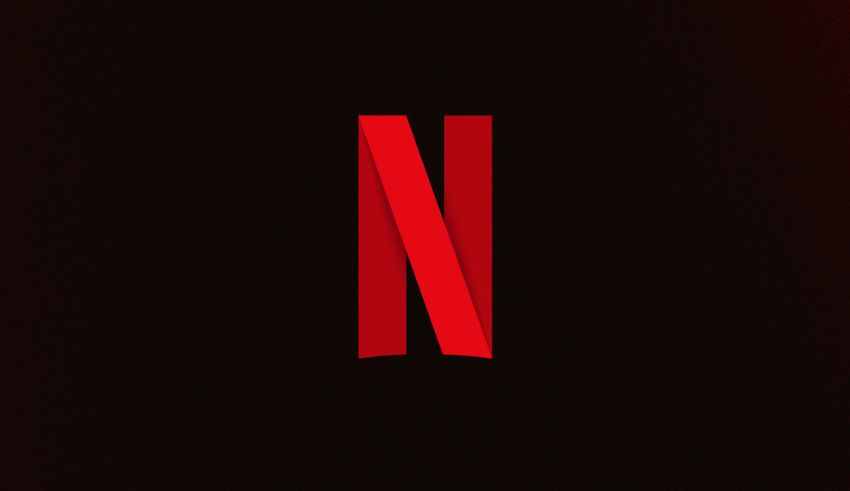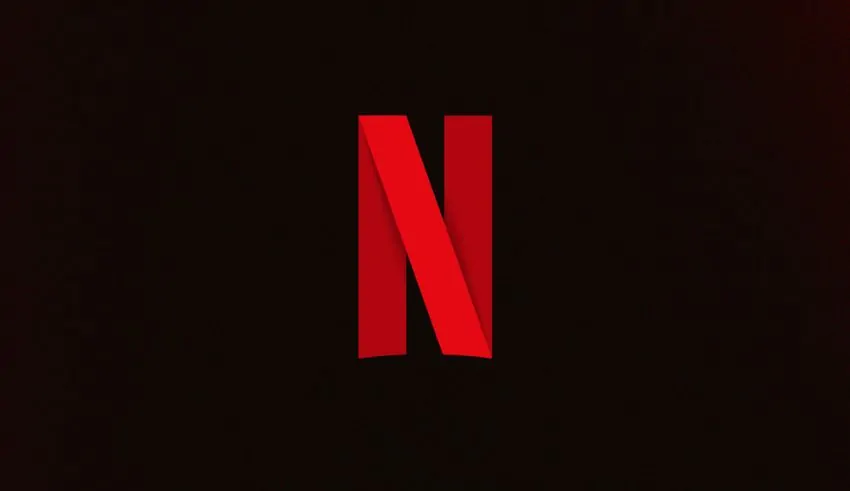

(C) Netflix
With its well-known culture deck, a basic rulebook on personnel rules and company values, Netflix has drastically modified Published in June following a comprehensive review cycle comprising feedback from 1,500 staff members over the course of a year, this updated edition reflects the company’s evolving nature and its aim to provide a dynamic environment. Being a trailblazer in the streaming sector, other companies and industry observers have long attentively watched Netflix’s approach to workplace culture, hence these developments are rather interesting.
Co-CEO Ted Sarandos outlined the many points of view on the changes to the cultural deck speaking at a recent Tech Live conference of The Wall Street Journal. Emphasizing the company’s ongoing efforts to improve its working culture, he stated, “We are continually working on enhancing the culture. And so naturally, absolutely, when someone says, “Hey, the culture is changing.” This openness of change shows Netflix’s proactive approach to culture since it realizes that, as the company grows and develops, its guiding principles also have to evolve. Sarandos stressed the need of paying close attention to staff members in creating an attractive and stimulating atmosphere as the feedback gained helped to create the new approach.
Eliminating the section on “freedom and responsibility” from the updated culture deck clearly deviates from Netflix’s years-long norm. The company replaced a newly created section titled “People Over Process.” This section emphasizes the significance of choosing “unusually responsible people” that shine in an environment characterized by openness and autonomy. Encouragement of personal responsibility enables Netflix to build staff members who not only respect autonomy but also understand the corresponding obligations. This shift shows a strong awareness of a good corporate culture that has to empower people while ensuring they stay responsible to their teams and the company overall.
The “Keeper’s Test,” a premise first put out by Netflix founder Reed Hastings in a detailed letter published in 2009 when the company employed less than 300 people, has also helped improve things. Should an employee exhibit a desire to leave, managers could apply the “Keeper’s Test” to ascertain whether they would fight to retain that individual. The new culture deck has a major drawback for this test: staff members are advised to often discuss their performance and general job happiness with their superiors. This addition is meant to encourage open communication and ensure that employees of the business value and pay great attention to each other. By means of honest communication, Netflix aims to create a more inclusive workforce whereby employees may express concerns and support the company in running operations.
Considering the first culture memo, Sarandos came to the conclusion that although at the time it suited the company’s needs, the growth of Netflix—now the largest streaming platform with a staff of almost 14,000—forced an examination of its ideals. “I do think it was one of those things where we didn’t take the evolution of the document,” he said. The emphasis now is different; Sarandos contends that the previous edition might have gently forwardly pushed the concept of freedom over responsibility. “And we think you have to have both,” he stated, stressing the significance of balancing both perspectives. This balancing helps the company to maintain a high-performance culture particularly during the negotiation of the complexities of a larger organizational structure.
Originally praised by former Meta COO Sheryl Sandberg as “the most important document ever to come out of the valley,” the culture deck is designed to keep a temperature that attracts top talent and encourages exceptional employees. The changes serve to promote this culture and reflect the reality of a larger firm. Earlier iterations of the paper have stressed meritocracy yet valued “representation” and “artistic expression”. Emphasizing Netflix’s commitment to creative freedom, this version asked staff members to consider leaving the company should it contradict the produced content. Frequent cultural deck changes not only demonstrate Netflix’s commitment to be current in a field always changing but also ensure that its values satisfy both worker and consumer expectations.
One of the primary characteristics of the development of the cultural deck is defined by the emphasis on worker interaction and the applied feedback mechanisms. The enormous amount of employee comments taken into consideration during the editing process exposes how effectively Netflix recognizes the requirement of giving staff members first priority. By means of proactive feedback collecting and incorporation into corporate norms, Netflix aims to create a condition whereby staff members feel free to share ideas and assist the company to develop. This involvement promotes open and cooperative culture, which will increase employee retention and satisfaction levels.
As Netflix manages the complexity of a workforce changing under influence, the most recent revisions to its cultural deck speak to a significant change in how the company defines success, accountability, and employee engagement. Although the basic ideals remain the same, the updated agreement reveals a better awareness of the link between personal freedom and collective duty, therefore helping to unite the organization in the competitive setting of the streaming sector. Not only does the company’s flexibility to match its workforce count, but also for its consumers who demand superior goods made by a motivated and involved crew.
Management of Netflix has not yet replied to the specific implications of these changes or staff member feedback on the redesigned culture deck. Still, the ongoing debate on corporate culture highlights the importance of adaptability and response in a company environment continually changing. While Netflix works through expansion and competition, its commitment to cultural brilliance will most likely be rather crucial for its ongoing success. Celebrating both freedom and responsibility will enable Netflix to keep leading in the entertainment industry and inspire a staff dedicated to its goals.
NextRise 2025-the biggest startup and tech event in Asia-is ready to take place in Seoul on June 26-27 at COEX,…
On this reunion occasion marking 20 years after their debut, the anticipation of the fans seems to be reaching greater…
South Korean boy band RIIZE is returning to Singapore on January 24, 2026 as part of their “RIIZING LOUD” Asia…
Experience Japan’s longest running all-night rock festival, RISING SUN ROCK FESTIVAL 2025 in EZO, with incredible acts, a wealth of…
United States Immigration and Customs Enforcement conducted audits of three Denver cleaning companies, leading to more than $8 million in…
Cricket fans, rejoice! The Olympic Council of Asia (OCA) has confirmed that cricket will be part of the 2026 Asian…
This website uses cookies.
Read More